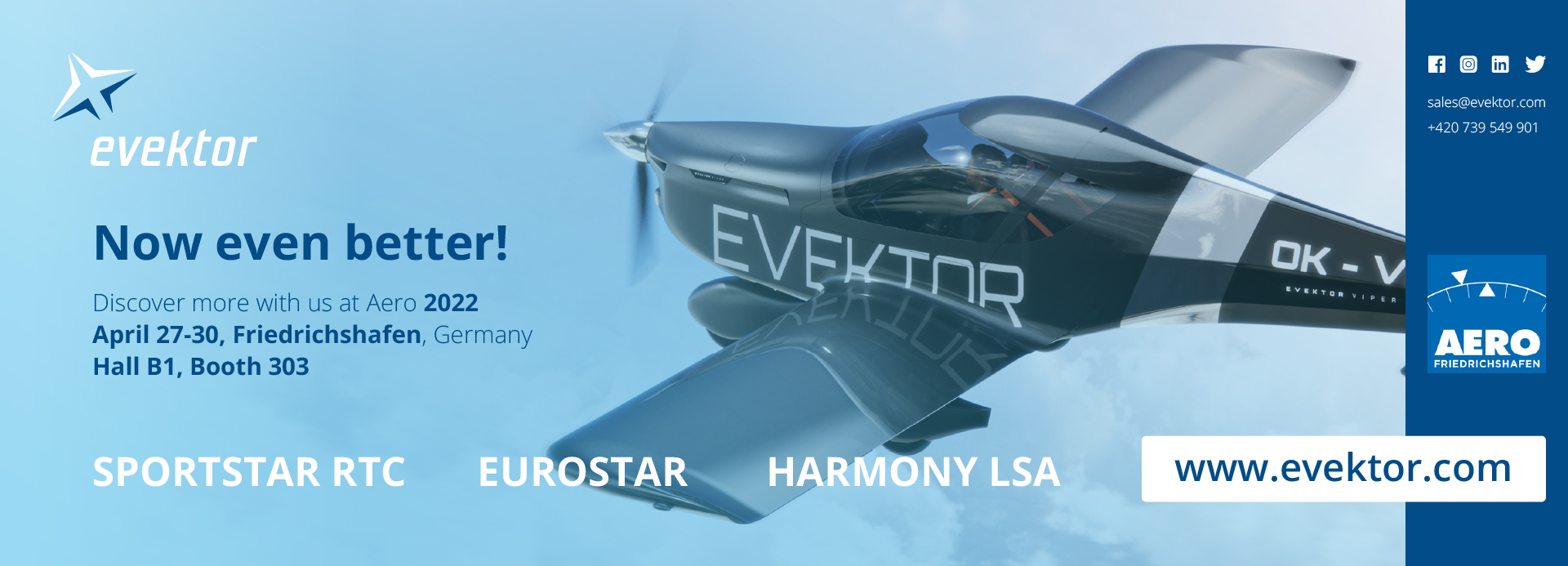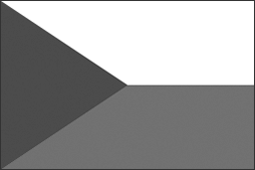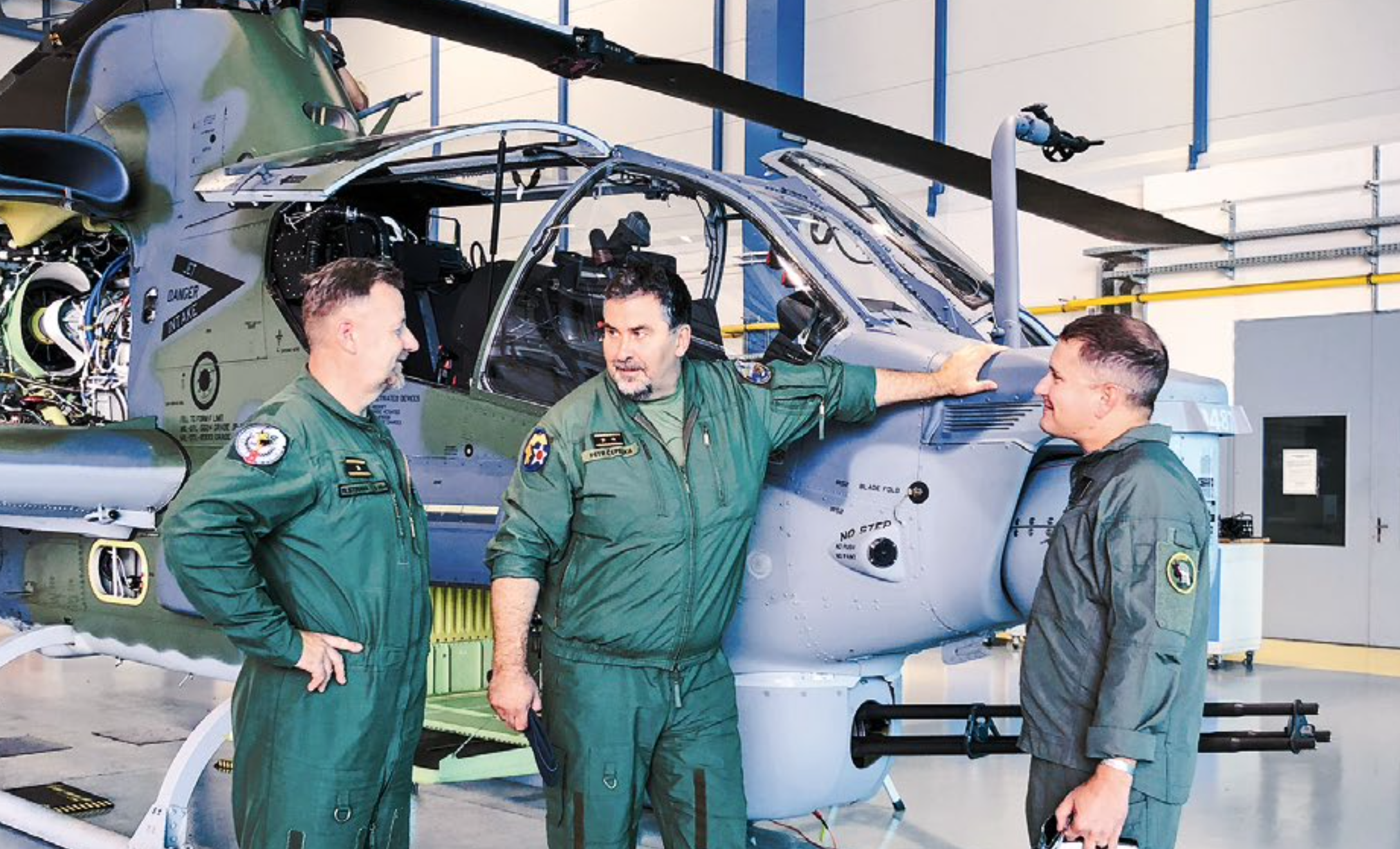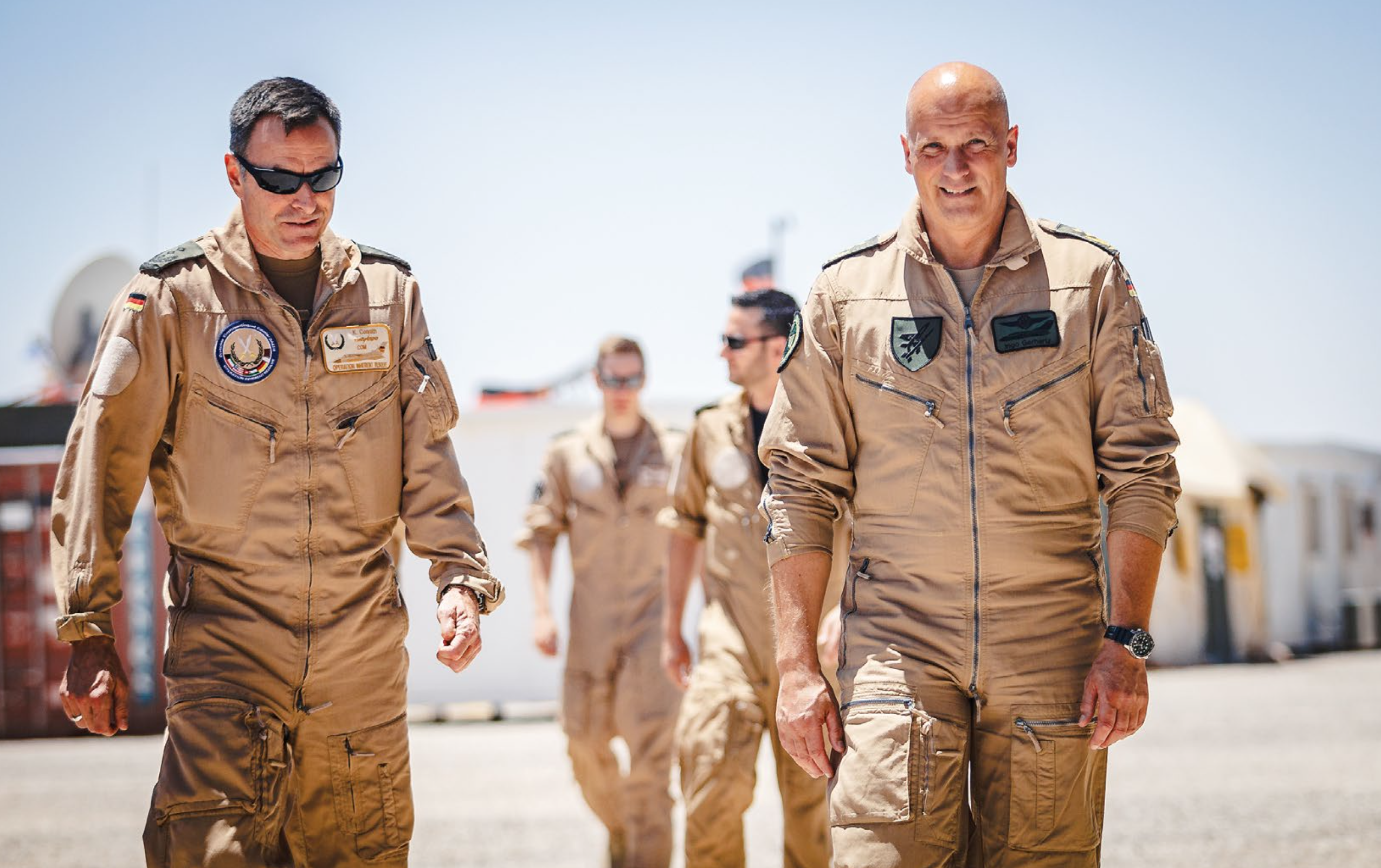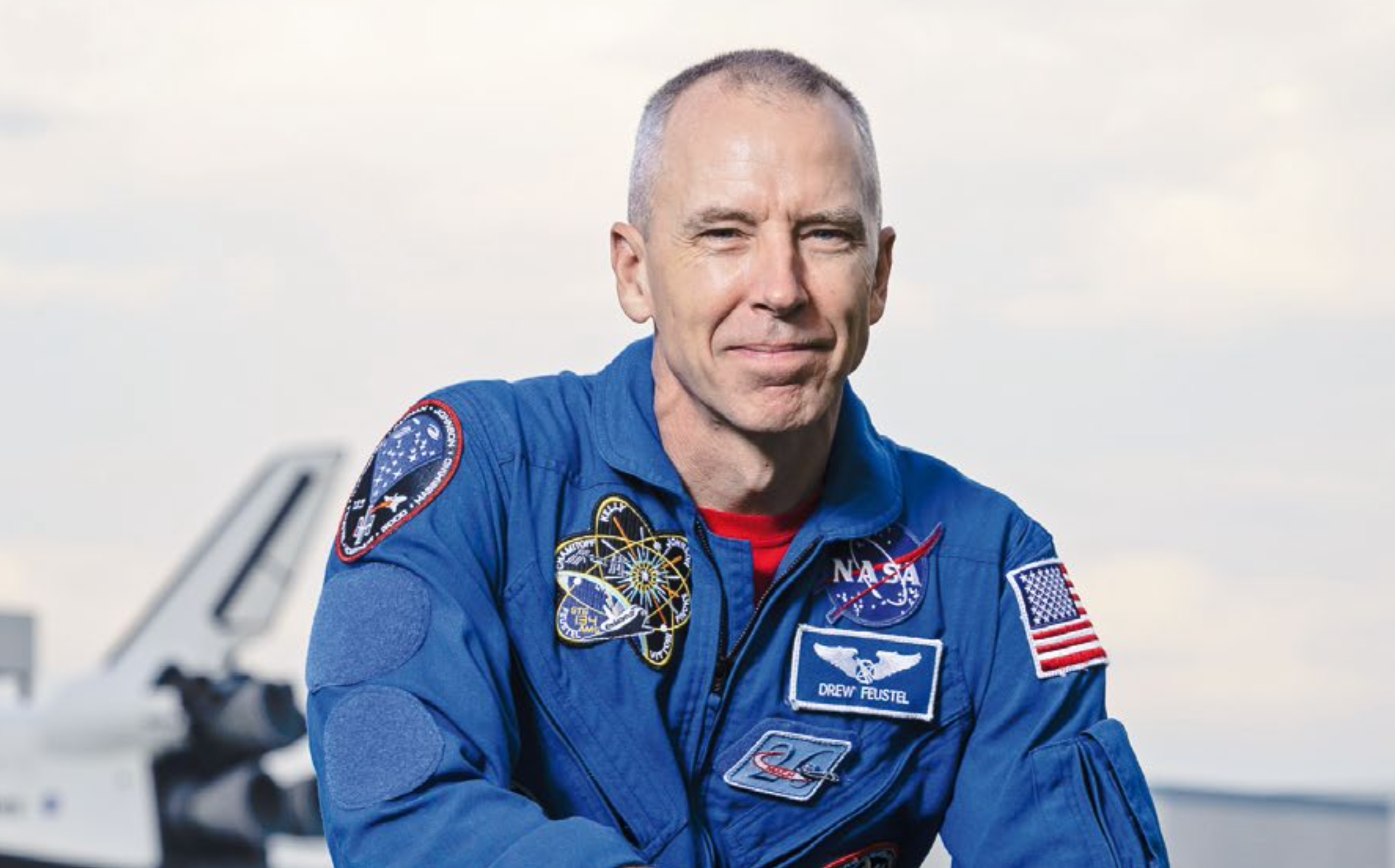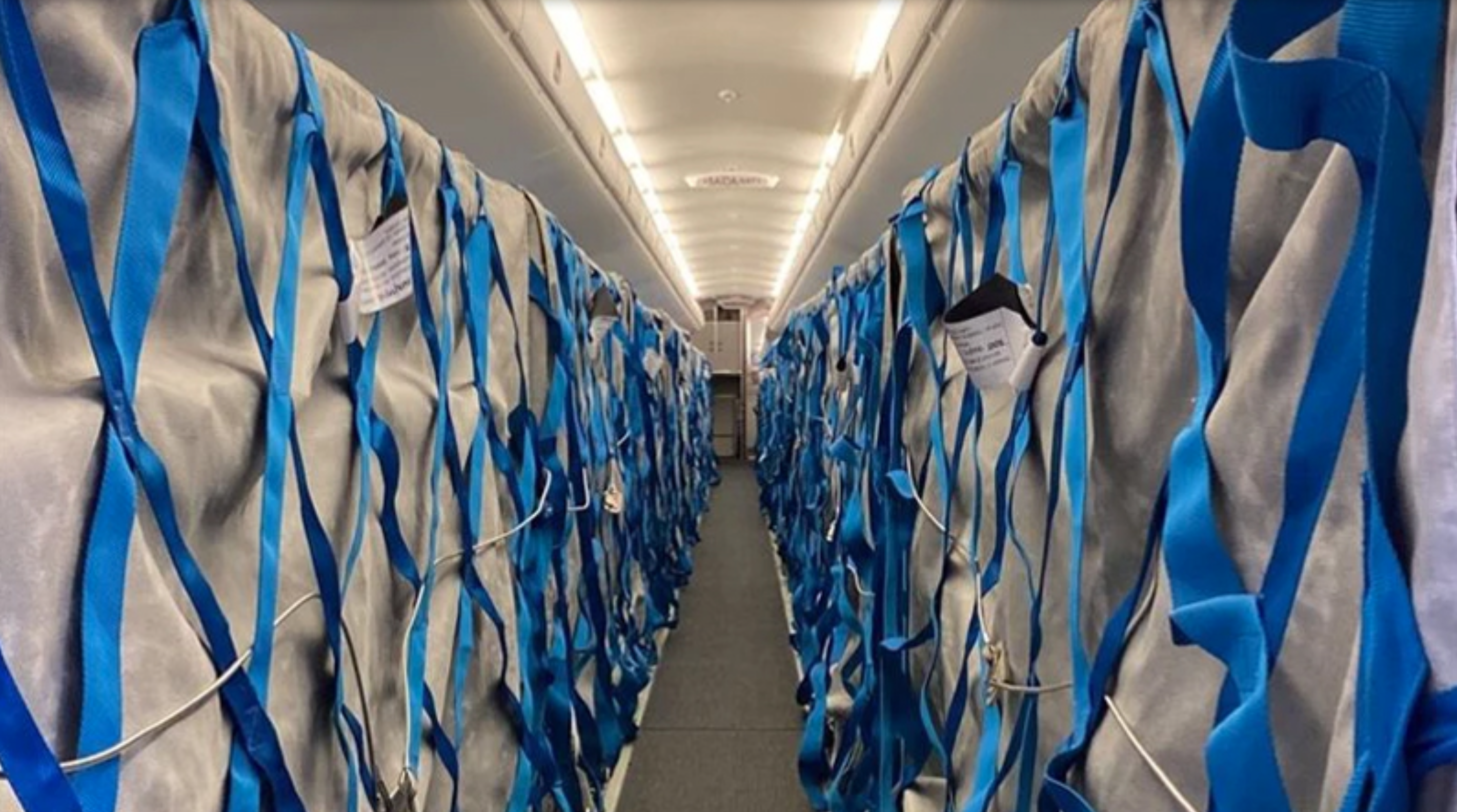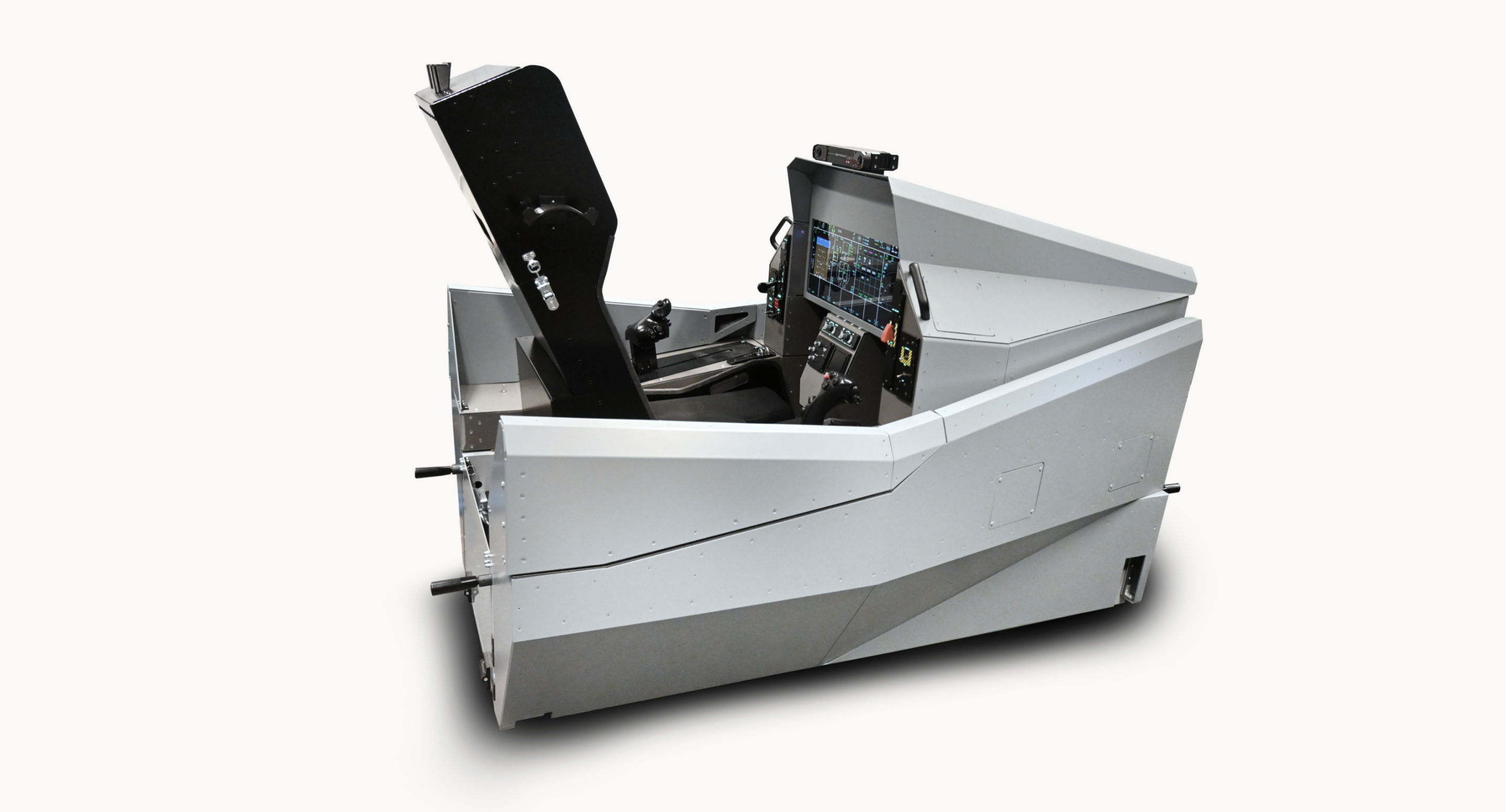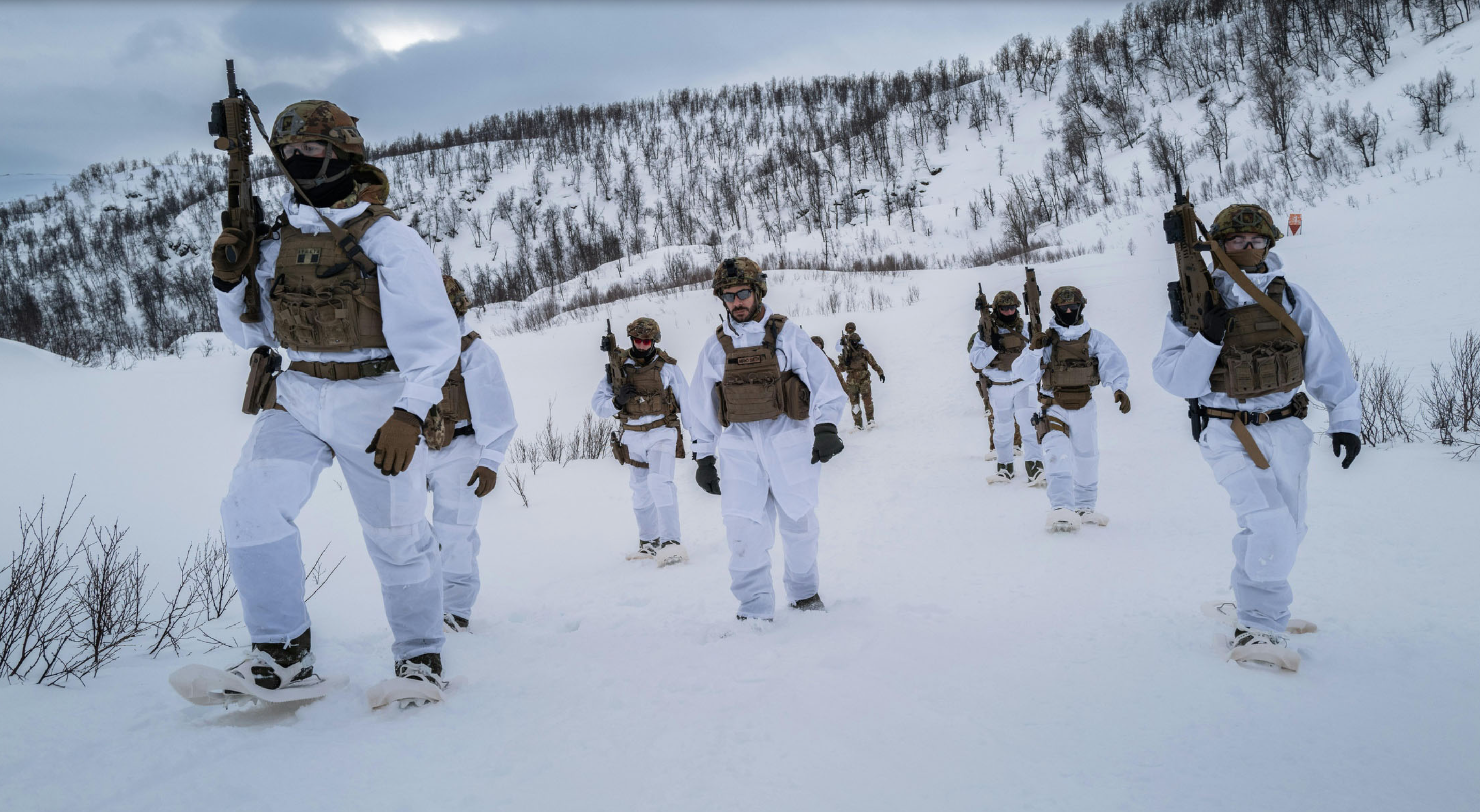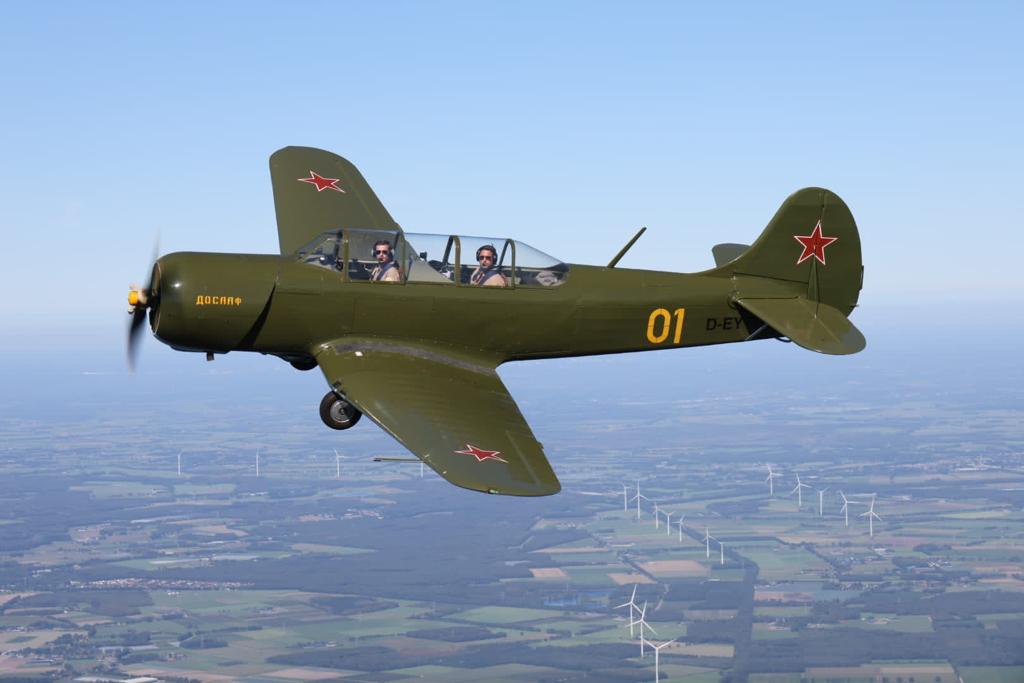Silent waters run deep. This is more than true of Omnipol. With a history going back to 1934, the company celebrates its 85th anniversary this year. Throughout the years, the company has undergone many changes, but it has not affected its ability to capitalise on its extensive experience and exceptional know-how. Today, this purely Czech company is the global Number One in more than just military passive surveillance systems. By investing in the L-39NG trainer jet project, the company has returned in full strength to the battlefield of the defence and security market where it historically belongs. Omnipol’s customer base stretches across five continents covering more than 90 countries – which is reflected in the eye-catching souvenirs from exotic destinations that enliven the modern and otherwise minimalist office of the company’s boss, Jiří Podpěra, whom I met in the newly renovated building at Nekázanka in Prague for an interview for Aerospace magazine.
Interviewed by: Kateřina Ševčíková Urbanová
We have not heard much of OMNIPOL, the Czech Number One arms producer, in the last few years. Was it because the company had withdrawn from the world stage and only now is coming back?
OMNIPOL has undergone several major changes over the last couple of years, but it cannot be said that the company has withdrawn into the background. In recent years, the company has focused mainly on export and, in parallel, on the transformation of the group.
Although we continue to value the fact that OMNIPOL is a traditional company with a history of 85 years in domestic and particularly in international markets, we naturally had to develop the business in line with current trends and today’s market requirements.
New acquisitions have been completed and the whole group has primarily focused on developing, manufacturing and selling unique, high added-value technologies that are produced within the group.
In addition to the traditional business line of defence and security technology, your portfolio now includes technologies for the food and engineering sectors. For example, you provide equipment for breweries, factories or sugar refineries. Why this change?
In essence, this is not a major change. OMNIPOL has been a major supplier/exporter of capital goods, production lines and machines for the armament and engineering industries until the end of the 1990s, so we are logically following this tradition. In this context, we have “restarted” the traditionally good relations with the many Czech manufacturers in the field of engineering, e.g. ŽĎAS, TS-Plzeň and ZVU Strojírny, which enables us to expand the range of our offering, and not only to purely industrial, armament sectors, even though those are our primary target.
The history of the food technologies is much shorter. After 1990, arms trade with Russia declined so other business opportunities had to be sought. Food technology appeared to be relatively promising, and eventually we managed to succeed in the area of beverage lines and the brewing sector, and became established as a reliable supplier in the Russian market where we now have been operating for three decades. More recently, in cooperation with MOPOS and RAVOZ Olomouc, we have succeeded in supplying technology for malting houses. As a result of cooperation with Czech companies, which also have in their portfolio traditional food industry technologies, we are able to offer these projects in our traditional territories, even though we are just starting in this line of business.
How would you describe OMNIPOL before and now, has your core mission changed in any way?
OMNIPOL today is a completely different company than it was, say, ten years ago.
We have recruited new, younger people, invested in new IT, introduced a completely new visual style including a new logo and last but not least returned to the newly renovated modern building in Nekázanka. In recent years, we have been increasingly turning into an investment and trading group that invests in HI-TECH companies and projects in the defence and aerospace industries in the Czech Republic and Slovakia and, at the same time, we continue to focus, as a system integrator, on export and import of products, technologies and services with high added value.
Defence and security products still represent the largest group in our portfolio, but we also provide highly specialised and comprehensive integrated turnkey solutions in the field of civil engineering and food manufacturing. With our unique team of experts, we are able to interconnect systems of different manufacturers into a single well-functioning unit as required by the customer. In addition, we own two subsidiaries, the ERA and MESIT production holdings, with state-of-the-art technologies that focus primarily on passive surveillance and reconnaissance of targets in the air, on sea and on land, military communications, aviation technology and precision engineering and make use of their own foundries and galvanising processes. They also deal with related software products including cyber security, for both the military and the civilian sectors. And we must not forget our role as a strategic partner and 50% investor in major projects in the Czech aviation sector, such as the L-39NG and the L-39CW.
The fact that you are very much interested in weapons and military technology is shown in your co-financing of the L-39NG, made by AERO Vodochody AEROSPACE. Your co-financing is as high as 50%. Did you believe at the beginning that this would be a major, crucial event for the Czech aviation sector?
That was one of the reasons why we entered the project. The first reason was tradition and our historical experience with the L-39 Albatros in global markets. The second was that we believed strongly in the project. We believe it has an enormous potential to be a breakthrough in the history of Czech aviation. It would not make sense to invest in something in which you do not believe.
The L-39NG has successfully completed its first flight. Now it needs to pass the certification before it is shipped to its first customer. How important it is for OMNIPOL for the aircraft to be certified as soon as possible?
The aircraft was first introduced to the public in October at the ceremonial roll-out and took off for the first time in December last year. Serial aircraft production may only start after receiving the appropriate certification – therefore it is important for us that the aircraft is certified as soon as possible in line with the plan. Given customers’ interest in this product, it is of course desirable that serial production begins as soon as possible.
You must be delighted with the L-39NG success. What return on investment do you expect?
Every new project is expected to achieve the highest and fastest return on its original investment, and this applies to the L-39NG as well. We perceive the L-39NG not only as an aircraft but potentially as part of an entire training programme. With such variable options, tailored to individual customers’ requirements, it is very difficult to make specific estimates. However, based on our past experience, we believe this project will be highly successful for several decades to come.
From the 1970s, you were in charge of the export of the legendary L-39 Albatros, now succeeded by L-39NG. In those years, around 3,000 units were exported. How does the market look now? Is it too early to assume that the L-39NG will be even more successful than its predecessor?
OMNIPOL is a strategic partner of the L-39NG project, co-financing 50% of its development. From our point of view, the project brings a revival of the Czech aviation industry and represents its future. Thanks to our experience, excellent contacts and previous positive references in the world, we are in charge of exporting the aircraft to selected territories.
The main reason why we decided to enter the project is above all tradition. The original L-39, i.e. Albatros, has been an integral part of OMNIPOL’ s development for more than 30 years, as OMNIPOL was previously responsible for exporting almost 2,800 units of this aircraft. We were not in charge of only the export as such, but also of full customer support and services, i.e. spare parts, service, repair as well as training of relevant staff. A great motivation for investing in the project was the constant interest of clients, demonstrating their satisfaction with the product and driving us to continue business with this type of aircraft. Today, around 600 to 700 aircraft are estimated to be still in active operation.
The L-39NG was developed, if I exaggerate, in response to the requirements of our clients, who, as I mentioned, still need spare parts for the legendary Albatros. As with any product, the materials are undergoing certain development, and existing components made by former technology are now out-of-date or not at all available. Today, new, modern technology is used in line with current requirements and trends. At the beginning, the idea was that the L-39NG would be the good old Albatros on the outside and a brand-new machine inside.
Gradually, though, the designers have also given the airplane a new external shape that reflects the developmental design changes. This is how, gradually, the aircraft was developed, based on proven, traditional foundations, but adapted to the needs of the “new generation,” i.e. the L-39NG.
The expectations are, naturally, high. We build on a solid tradition mentioned earlier and on the satisfaction of our clients, and we believe that with this type of product, we will return to the markets where we had been successful before. We rely on the high professionalism of our experts, the high-quality service, the modernisation and gradual replacement of the aircraft still in use with the new L-39NG. The L-39NG project has an ambition of becoming the historically most successful project of the Czech aviation sector.
The development of the L-39NG will soon be over. What then? Do you have a vision of what you want to do next?
The development of the aircraft will soon be completed, but this phase is always only the first (although one of the most important) parts of the whole project. The whole process will now move to the next stage, i.e. trade. The work of developers will be taken over by traders who will aim at the best possible marketing and sale of the aircraft on a global scale. Not only the aircraft but also the after-sale service. As for other projects, we of course have numerous visions but until they are more specific, we would not like to reveal them.
What other projects are you now working on?
New projects are being developed, for example, by the experts of our ERA subsidiary. To make sure the VERA-NG Passive ESM Tracker is successful, we have recently developed a fully-fledged simulator designed for the system operator training. The system allows the operators to be trained for different types of analysis and accuracy.
In September last year, at the NATO Days in Ostrava, we introduced a new product – the passive multi-static radar SICORRA. The system, based on a new breakthrough technology, is not only invisible as VERA NG but, in addition, can see even “silent” aircraft that do not transmit any electromagnetic signals.
We are currently also working on the development of a new generation of the long-range passive reconnaissance system SDD-NG.
We continue to monitor the market on a regular basis looking for new opportunities. We have an idea of the type of products that may be required; however, all depends on the customers’ requirements and the offer. We preliminarily focus on first-class products that we could promote, while trying to support mainly the domestic industry.
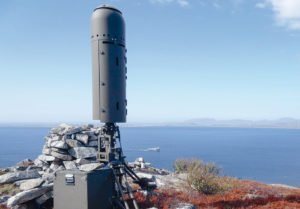
In May last year OMNIPOL bought a major Czech supplier to the aerospace industry – MESIT based in Uherské Hradiště. What was the objective of the acquisition?
MESIT is a group of companies with an engineering and electronics tradition of more than 60 years. MESIT’s products are applied in the civil and military aviation sectors as well as in military land vehicles and equipment. MESIT’s typical products include advanced tactical radio communication systems, armoured vehicle communication systems, control and display systems for both civilian and military aircrafts such as the L 410 NG and the L 159, as well as special castings and complex engineering components with unique surface treatment to be used in laboratory and automotive technology. MESIT’s tremendous asset is the fact that the company holds all certifications necessary for both the development and production, and at the same time owns specific, exceptional technologies.
MESIT’s long-standing tradition will contribute to our company’s further development. We believe that successful projects of the Czech aerospace industry, in which our company participates, represent a huge developmental potential, which in the future will enable us to offer an even wider range of products to both domestic and international producers in the aerospace sector.
Incorporating MESIT into the OMNIPOL Group will enable exploitation of synergies between subsidiaries as well as product portfolio enhancement and expansion. We plan to use MESIT’s capacity for the development and further improvement of production in ERA Pardubice – the world’s leading manufacturer of civil and military systems for air traffic control and passive radiolocation.
Where do you see OMNIPOL in the next ten to fifteen years?
We see the future in the growth and in-house development of unique technologies. For example, our ERA subsidiary in Pardubice recently “rewrote” the history of air traffic control, developing the first multilateral system and introducing a gate-to-gate system for air traffic control. OMNIPOL provides maximum support to ERA, including R&D funding (investments in R&D typically account for up to 20% of the group’s turnover) as it continues to introduce new technologies in both the defence and civil sectors to adapt to today’s and tomorrow’s challenges.
With the acquisition of the MESIT Holding in April 2018, the Group got another 1,000 employees, but also a unique opportunity for further growth as a result of important production capabilities across a wide range of new product areas such as communications, aerospace, defence and security.
And last but not least, we believe that we will achieve major sales of the new L-39NG, a project in which we act, together with AERO Vodochody AEROSPACE, as an equal co-investor.
Profile:
Mgr. Jiří Podpěra (12.12. 1973)
President of Omnipol since the beginning of 2017. The entrepreneurial spirit and love of engineering are in his genes – his grandfather, Karel Wichterle, was the majority owner of the Wikov Holding in the inter-war Czechoslovakia, and the brother of the famous Czech inventor Otto Wichterle. Jiří Podpěra has a degree from the Faculty of Law of Charles University in Prague and from the Faculty of Finance and Accounting of the University of Economics in Prague. He is a passionate sportsman – he plays tennis and basketball and owns the best Czech basketball club ‘Basketball Nymburk’. In his work, he most enjoys meeting interesting and educated people across different cultures, and above all daily contact with cutting-edge technologies. He is married and has three children.
Photo credits: Omnipol a.s.
